KEYNOTE SPEAKERS
The keynote speakers of the 37th AESOP Annual Congress 2025 Istanbul, Türkiye
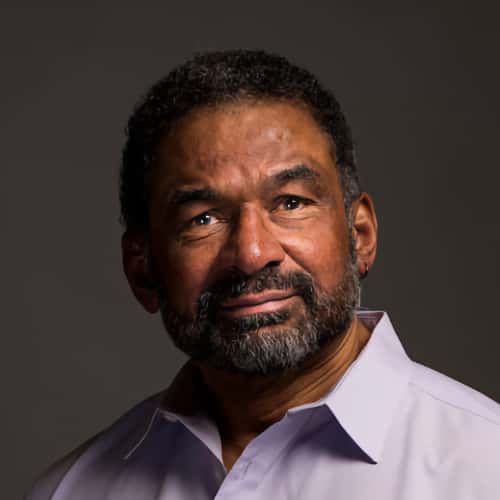
Julian Agyeman
Julian Agyeman is a Professor in the Department Urban and Environmental Policy and Planning at Tufts University. He is the originator of the increasingly influential concept of "just sustainabilities,” which explores the increasingly intersecting goals of social justice and environmental sustainability. His books include Just Sustainabilities: Development in an Unequal World (MIT Press, 2003); Cultivating Food Justice: Race, Class and Sustainability (MIT Press, 2011) and most recently Sacred Civics: Building Seven Generation Cities (Routledge, 2022). He was co-founder in 1996, and is now Editor-in-Chief of Local Environment: The International Journal of Justice and Sustainability. He is Series Editor of Just Sustainabilities: Policy, Planning and Practice published by Zed Books/Bloomsbury Publishing. He is Co-Editor of the Routledge Equity, Justice and the Sustainable City Series and the Bristol University Press/Policy Press Series Creating Smart and Sharing Cities. In 1996, he was elected to the Fellowship of the UK Royal Society of the Arts (FRSA) and in 2016 he became a Fellow of the UK Royal Geographical Society (FRGS). In November 2021, he was invited by then Boston Mayor-Elect Michelle Wu to be a Transition Advisor on her Transition Committee. On November 17, 2023, he became Hedersdoktorer (Honorary Doctor) at KTH Royal institute of Technology, Stockholm, Sweden.
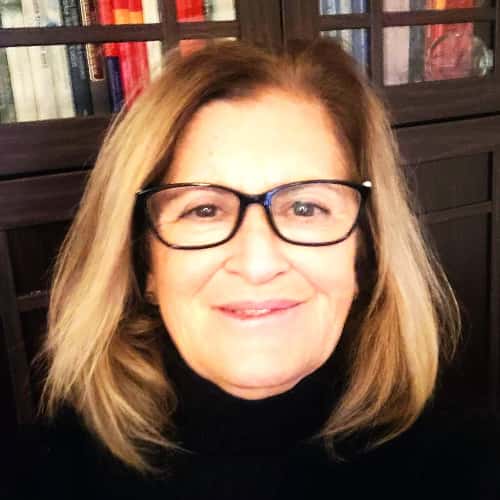
Ayda Eraydın
Ayda Eraydın is Professor Emeritus in the City and Regional Planning Department at Middle East Technical University, Turkey. She has initiated, coordinated, and been involved in several EU-funded research projects and various national and international projects on urban and regional issues since 1986. She has also served as an expert State Planning Organisation, advisor to the Undersecretary of Environment of Turkey, and intermittent consult to OECD. She held visiting professorships at universities in Malaysia and Japan and initiated a voluntary and disciplinary research network on urban and regional studies. Eraydın’s writing and teaching focus on theoretical and conceptual dimensions of urban questions and urban and regional planning. Her work builds upon the fields of urban and regional studies and planning. Her major research foci include urban and regional restructuring and uneven regional development, different socio-spatial implications of the neoliberal economic processes, critical thinking on planning theories and resilience thinking in planning, including shrinkage, urban diversity and the geography of discontent in the authoritarian neoliberal governance. She has published theoretical and empirical books and papers widely. Her recent publications are on strategies and policies of cities/ municipalities against democratic backsliding. Eraydın’s some of the most recent published works include “Binaries again! Revisiting the urban-rural question through geographies of discontent” (Habitat International, 2024), Political twists and turns in left-behind places: reactions of an extractive heartland to changing state strategies (Regional Studies, 2023) with Güldem Özatagan, Entrepreneuring in Diverse Neighbourhoods: Policies and Minority Business in Copenhagen, Istanbul, Milan and Warsaw, (Journal of Entrepreneurial and Organizational Diversity, 2023) with Eduardo Barberis, Rikke Skovgaard Nielsen and Ewa Korcelli-Olejniczak, “Politics and Conflict in Governance and Planning with Klaus Frey (Routledge: 2019). Countering Neoliberal Populism: Strategies And Practices of Two Major Metropolitan Municipalities in Turkey, in Cities Against Democratic Backsliding: Evidence from Europe and Beyond (Bristol University Press, forthcoming)
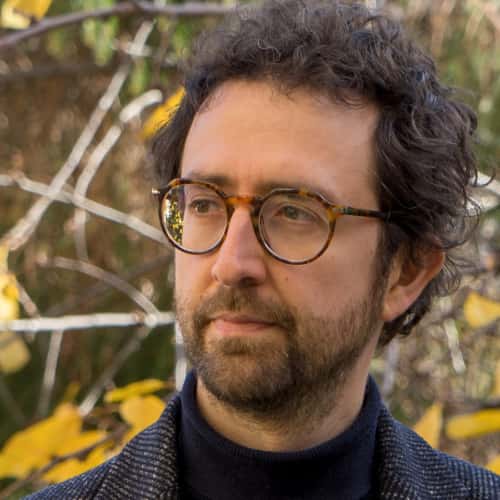
Federico Savini
Federico Savini is an Associate Professor in Environmental Planning, Institutions and Politics at the University of Amsterdam. He combines approaches of political sociology, spatial planning and critical geography to the study of institutions and socio-spatial change in cities. In his works, he studies the relation between changing planning regulations and socio-ecological justice and explores new planning paradigms able to achieve social justice goals within planetary boundaries. He is scientific coordinator of a research program on spatial planning and degrowth, and founder of the Postgrowth City Coalition (https://www.postgrowthcities.com/)

Maria Kaika
Maria Kaika holds a PhD in Urban Geography from the University of Oxford and an MSc in Architecture and Planning from the National Technical University of Athens. She held tenured posts at the Universities of Oxford and Manchester and honorary professorships in several European Universities (Paris LATTS, TU Vienna, KU Leuven). She is Director of the Centre for Urban studies and Chair in Urban Regional and Environmental Planning at the University of Amsterdam. She is recipient of the 2017 Jim Lewis Prize for the most innovate academic publication (with L Ruggiero), and of the 2021 European Award of Excellence in Teaching in the Humanities and Social Sciences. Her research focuses on urban political ecology, the relation between economic crisis and environmental and housing marginalization, and the embodied politics of infrastructures. She is author/editor of: Class Meets Land: the Embodied History of Land Financialization (Kaika M and L Ruggiero, 2024, U of California Press); Turning Up the Heat: Urban Political Ecology for a Climate Emergency (Kaika, M, Keil R, Mandler T, Tzaninis Y, 2023 Manchester University Press); The Political Ecology of Austerity (2021, Routledge, New York; with R Calvario and G Velegrakis); Urbanizing degrowth: Five steps towards a Radical Spatial Degrowth Agenda for planning in the face of climate emergency (2023 Urban Studies Special Issue with Varvarousis, A, Demaria, F and March, H); In the Nature of Cities: urban political ecology and the metabolism of urban environments (2006 with N Heynen and E Swyngedouw; Routledge, London); and City of Flows: Modernity, Nature and the City (2005; Routledge, New York).
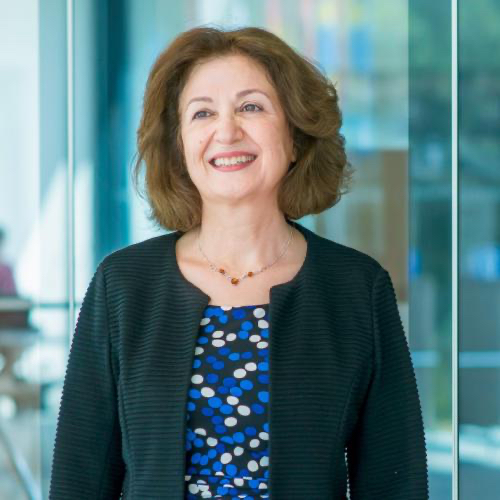
Simin Davoudi
Architecture, Planning and Landscape, and is Co-Director of Newcastle University’s Centre for Researching Cities. She is an Honorary Member and former President of AESOP, Fellow of the Royal Town Planning Institute, Trustee of the Academy of Social Sciences, Trustee of Town and Country Planning Association, and a former member of the Strategic Advisory Network of the UK Economic and Social Research Council. She has held visiting professorships at universities in the USA (Virginia Tech), the Netherlands (Amsterdam & Nijmegen), Sweden (BTH), Australia (RMIT), Finland (Tampere) and Austria (BOKU), and served as expert advisor for several UK government departments, EU directorate generals, research councils in the UK and Europe, various planning schools, and international research projects. Simin has undertaken over 35 research projects funded by international, European and UK research funding bodies and has over 200 academic publications, selected recent ones include: Care-full planning, towards an ethics and politics of care in planning (Planning Theory, 2025f), Counter-Conducts: A Foucauldian Analytics of Popup Civic Actions in Mexico (Global Society 2024, 39[1]:70-85), Prefigurative Planning: Performing concrete utopias in the here and now (European Planning Studies 2023,13[11]:2277-2290), Town and Country Planning in the UK (2024 Routledge, 16th edition), Climate imaginaries and the mattering of the medium (Geoforum 2023, 137:203-212), From post-political to authoritarian planning in England, a crisis of legitimacy (Transactions of IBG 2022, 47[2]:347-362), Reinventing planning and planners: ideological decontestations and rhetorical appeals (Planning Theory, 2020,19[1]:17-37), The Routledge Companion to Environmental Planning (2019).
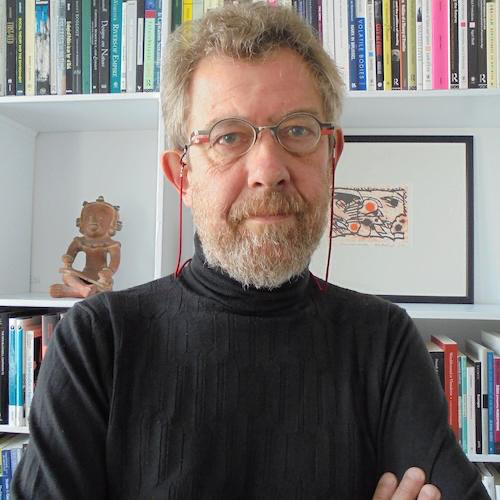
Erik Swyngedouw
Professor Swyngedouw is a recognized leading international expert in environment-society relationships and the analysis of the capitalist space economy, with an emphasis on socio-environmental conflict, water politics, political economic crisis and urban political movements. He is author of "Social Power and the Urbanization of Water" (Oxford University Press, 2004). He also co-edited "In the Nature of Cities" (Routlede, 20006). He recently co-edited (with Japhy Willson) The Post-Political and its Discontents: Spectres of Radical Politics Today (Edinburg University Press, 2014). His new book with MIT-Press, Liquid Power, focuses on water and social power in 20th century Spain and was published in April 2015.
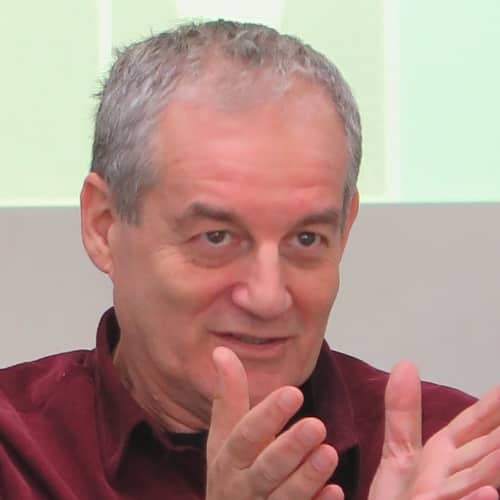
Oren Yiftachel
Oren Yiftachel is an (emeritus) professor of urban studies and planning, political and legal geography, at BGU, Beersheba, and a prof. (hon) of geography and planning at UCL, London. In a wide range of publications his work has focused on critical understandings of the relations between space, power, inequality and conflict. He uses international comparative research, theoretical development and a focus on Israel/Palestine. Yiftachel is also a social and political activist who is member of several organizations working for social justice, equality and peace, mainly with indigenous and marginalized groups.
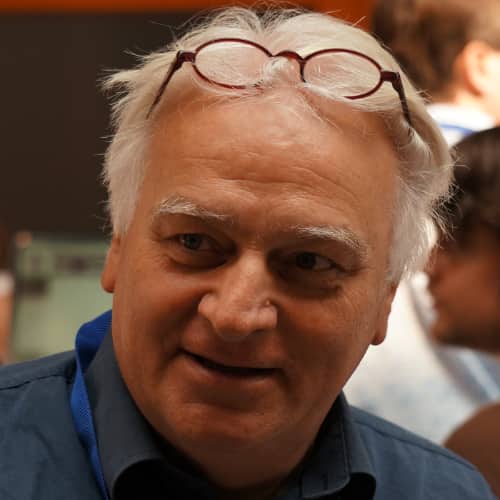
Willem Salet
Willem Salet graduated in sociology and spatial planning at Utrecht University in the mid 70s. He was a researcher at the Dutch think tank The Netherlands Scientific Council for Government Policy. In 1995, he moved to the University of Amsterdam and chaired Urban and Regional Planning until retirement in 2016. He is a former president and member of award of AESOP. Willem Salet takes an institutional perspective (cultural and legal) in planning studies. He published Public Norms and Aspirations (2018) and edited the Routledge Handbook of Institutions and Planning in Action (2018).

